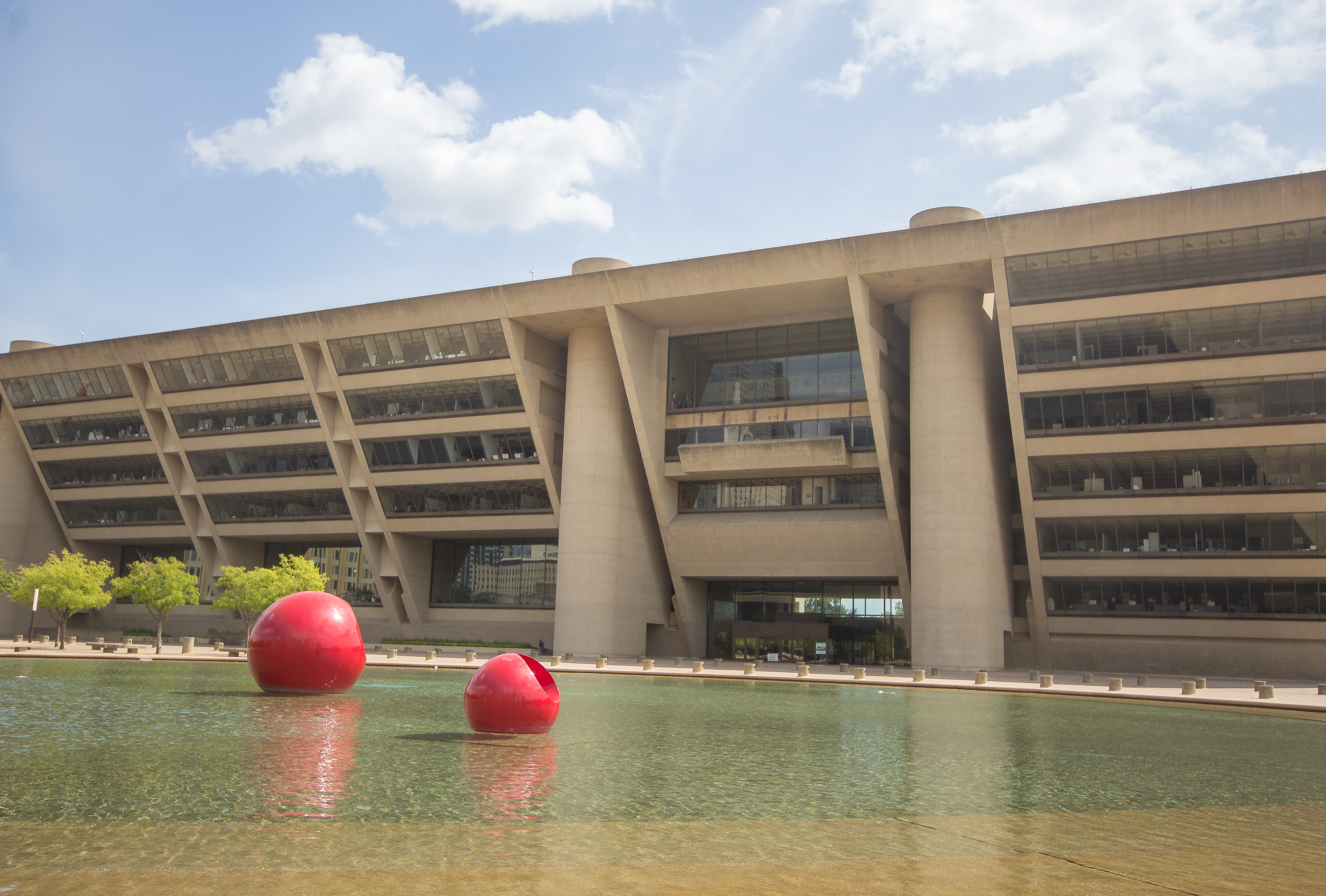On any given week, there can be dozens of meetings that impact how people live in Dallas. As news organizations struggle with resources, one program is working to put a resident in as many meetings as possible to document what happens during them.
The Dallas Documenters program launched early this year. It aims to train and deploy community members who take accurate notes at city and school board meetings that are often missed by media. Dr. Marta Torres, the program manager, says the mission is “to make sure communities have eyes and ears at as many public meetings as possible.”
They’ve started first in South Dallas and West Dallas—the two main focus areas of the Dallas Free Press, the nonprofit media outlet that brought the program to Dallas. Torres says starting in these communities is intentional.
“We are looking to recruit, train and pay citizens and community members of South Dallas and West Dallas, the two neighborhoods Dallas Free Press calls home, and hope to create partnerships with more neighborhoods that historically have been left out of public processes in Dallas,” she says.
The first handful of documenters were trained in April. So far, they’ve attended several meetings, including a Dallas Public Facility Corporation meeting where members discussed how they’d address House Bill 2071. That piece of legislation sought to reform the program that offers property tax exemptions to projects that include a certain amount of affordable rental units. Critics have said it takes billions from property tax rolls while supporters argue it creates affordable housing where there was none. That bill is headed to Gov. Greg Abbott’s desk.
They also attended a recent Dallas Park and Recreation Board meeting to take notes on an update given on the Southern Gateway deck park, and a Community Police Oversight Board meeting.
As Torres mentioned, they’re also paid for their time. “Documenters are paid $23 per hour for covering in-person meetings, $20 per hour for virtual meetings, and $18 per hour for training sessions,” she said. Their next paid training will be July 22 from 9 a.m. to 2 p.m. at the Martin Luther King Jr. Recreation Center.
As long as you are 16 or older, “anyone can become a documenter,” Torres said. The process starts by filling out an application and attending an orientation. The work of the documenters gets delivered via email newsletter.
The Documenters Network started in 2018, an effort led by the Chicago-based nonprofit civic journalism lab City Bureau. In addition to Dallas, it operates branches in Atlanta, Chicago, Cleveland, Detroit, Fresno, Minneapolis, Omaha, and Philadelphia. The organization says it’s trained more than 1,700 documenters since its inception, and has covered more than 2,300 public meetings.
It’s a major win for transparency.
Get the D Brief Newsletter
Author





